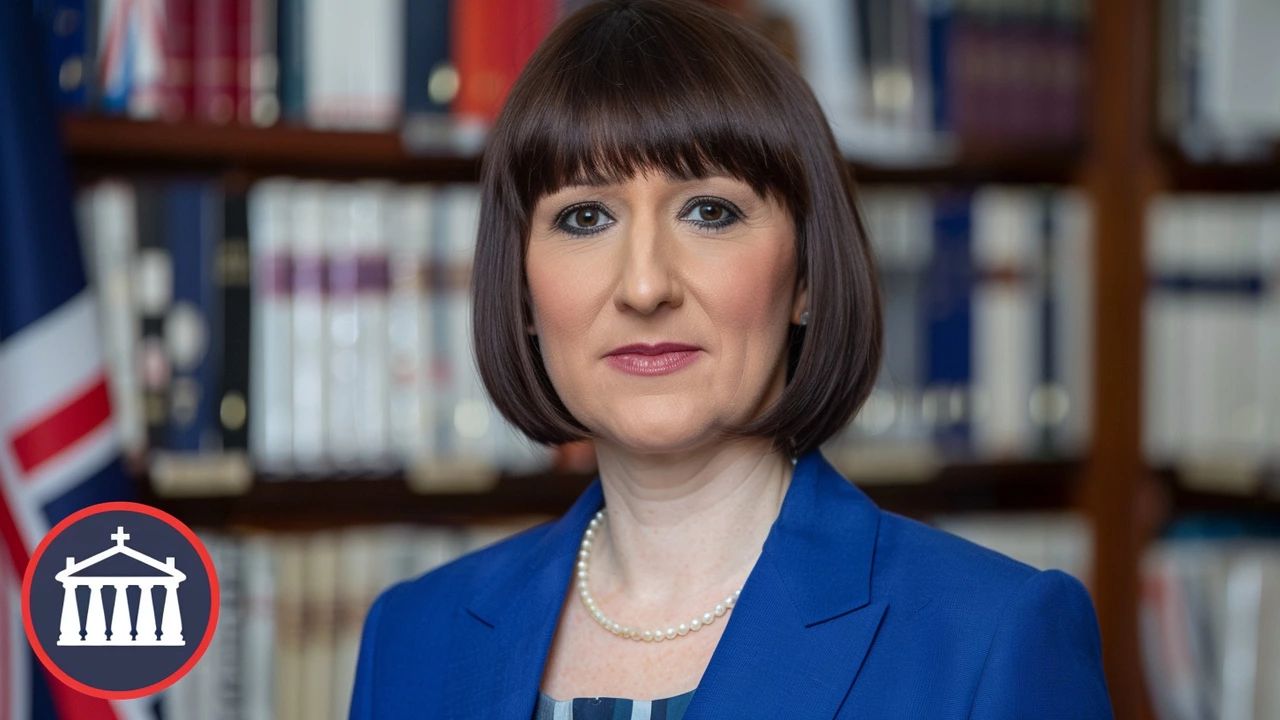Rachel Reeves: A Pioneering Politician's Path from Chess Champion to Chancellor Candidate
Rachel Reeves is a name that resonates with many in British politics, not only because of her policies but also due to her remarkable journey. Born on February 2, 1979, in Lewisham, London, Reeves has consistently demonstrated intellectual excellence and a fervent commitment to public service. Her ascent from a promising young chess champion to a formidable contender for the UK’s first female Chancellor of the Exchequer is a testament to her multifaceted talents and dedication.
Early Life and Education
Reeves’ early life was marked by a curiosity and intellect that set her apart. She pursued her undergraduate studies in Philosophy, Politics, and Economics at New College, Oxford, an institution known for nurturing influential political figures. Her academic journey did not stop there; she went on to earn an MSc in Economics from the esteemed London School of Economics. This strong educational foundation provided her with the tools to understand and influence complex economic systems, shaping her future career.
Initial Career: Economics and Labour Party
Rachel Reeves began her professional journey as an economist at the Bank of England, a role that allowed her to explore the intricate dynamics of the UK’s financial landscape. Her work there reflected her analytical prowess and ability to navigate economic challenges. Following her tenure at the Bank of England, Reeves transitioned into a role as a researcher for the Labour Party, where she further honed her understanding of political-economic interplay. These roles were critical in shaping her views on economic policy and her approach to governance.
Entering Politics: The Leeds West Seat
In 2010, Reeves made a significant leap into politics by winning the parliamentary seat for Leeds West. This victory marked the beginning of her journey as an elected official and set the stage for her to influence national policy. Since then, she has retained the seat, proving her popularity and effectiveness as a representative. Her work in Leeds West has been particularly focused on addressing social and economic inequalities, issues that are deeply personal to her, given her working-class background.
Shadow Cabinet Positions and Political Influence
Throughout her political career, Reeves has held several key positions in the Labour Party’s shadow cabinet. Her roles have included Shadow Chancellor of the Duchy of Lancaster and Shadow Minister for the Cabinet Office. In these capacities, she has been a vocal critic of government policies she believes to be unjust, advocating for systemic changes to address inequality and ensure fair opportunities for all citizens. Her economic views, heavily influenced by her background and expertise, call for pragmatic and sustainable solutions, often garnering respect across party lines.
Chess Champion: A Testament to Strategic Thinking
Reeves’ prowess is not confined to the political arena. In her youth, she was an accomplished chess player, representing England in international competitions. This experience in chess, a game demanding strategic thinking and foresight, has arguably been instrumental in shaping her approach to politics. Her ability to anticipate challenges, evaluate multiple variables, and create winning strategies on the chessboard has translated well into her political career, where such skills are indispensable.
A Potential Milestone: The UK's First Female Chancellor
If Rachel Reeves succeeds in her bid to become the UK’s first female Chancellor of the Exchequer, it will be a historic achievement. It would signify a crucial shift in a role traditionally dominated by men and provide a powerful example of breaking barriers. Her ascent to this position also underscores the changing dynamics of UK politics, where diverse backgrounds and perspectives are increasingly recognized and valued.
Commitment to Social and Economic Equality
Reeves' commitment to social and economic equality is a defining feature of her political career. Her policies often reflect a deep concern for addressing the disparities that affect the most vulnerable populations. Whether it’s advocating for better social services, pushing for economic reforms to benefit the working class, or striving to create more inclusive economic opportunities, Reeves’ work is consistently aimed at fostering a fairer society.
Personal Life and Its Influence
Outside her professional life, Reeves is married to Nicholas Joicey, and they have two children. Her personal experiences as a mother and wife have influenced her political outlook, particularly regarding family and social policies. She often draws on these experiences to understand and address the challenges faced by ordinary families, making her policies resonate with many voters.
Leadership Style: Collaborative and Pragmatic
Reeves’ leadership style is often described as collaborative and pragmatic. She values teamwork and believes in the power of collective effort to achieve common goals. This approach has earned her respect and support both within her party and across the political spectrum. Her ability to build consensus and work towards practical solutions is a significant asset, especially in the often polarized world of politics.
The Future: What Lies Ahead
As Rachel Reeves continues her bid to become Chancellor, the coming months will be critical. Her campaign will need to address not only economic challenges but also demonstrate her vision for a more equitable and inclusive UK. Success in this endeavor could redefine the landscape of British politics and set a precedent for future leaders.
In conclusion, Rachel Reeves’ journey from a chess champion to a potential Chancellor of the Exchequer is a story of dedication, intellect, and unwavering commitment to public service. Her unique blend of economic expertise, strategic thinking, and a compassionate approach to leadership marks her as a standout figure in UK politics. Whether or not she secures the role of Chancellor, her contributions to the political discourse and her efforts to address inequality will leave a lasting impact.
